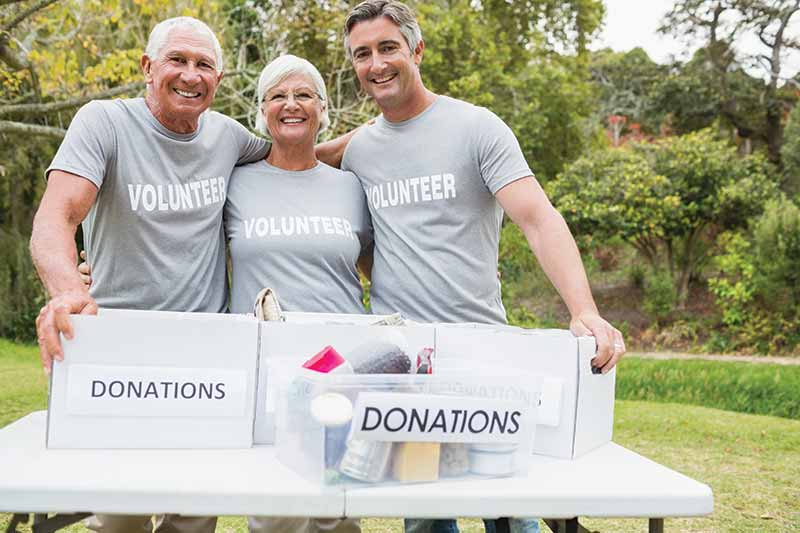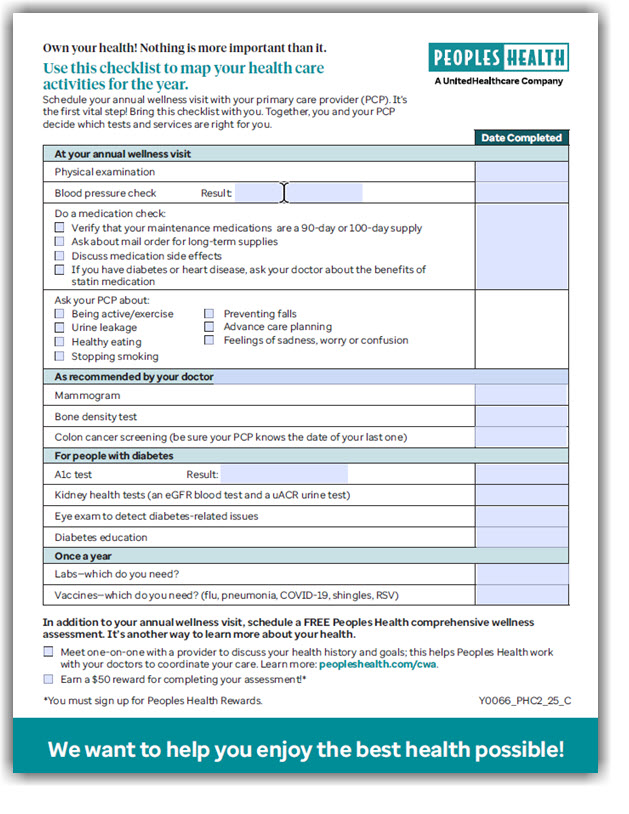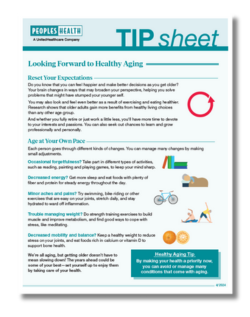 Rewards of Helping Others to Help Yourself
Rewards of Helping Others to Help Yourself
Whether you’re recently retired, not quite retired, or have been enjoying retirement for some time, maybe a new way to look at volunteering is as a chance to be involved in something you’ve always wanted to explore, but maybe never had the time for. You become part of a social network when you volunteer. You can develop new skills and interests, plus there’s the possibility you’ll make long-term friendships. And you won’t go unrecognized for your contributions. Most programs celebrate their volunteers in some way, including through social events.
Volunteering has health benefits, too. It helps your physical and mental health by:
• Lowering your risk for depression
• Reducing stress
• Increasing happy feelings
• Increasing your self-confidence
• Keeping your body and mind active
Where to Volunteer?
If you’re looking for ways to volunteer, check out local organizations such as these:
• Museums
• Parks
• Food banks
• Community gardens
• Animal shelters
Hospitals are an option, too. Many people don’t realize that hospitals continue to have volunteer programs, and participating in one doesn’t mean you’ll have to work directly with patients if that isn’t in your comfort zone. Hospital events and gift shops often need volunteers. ■










